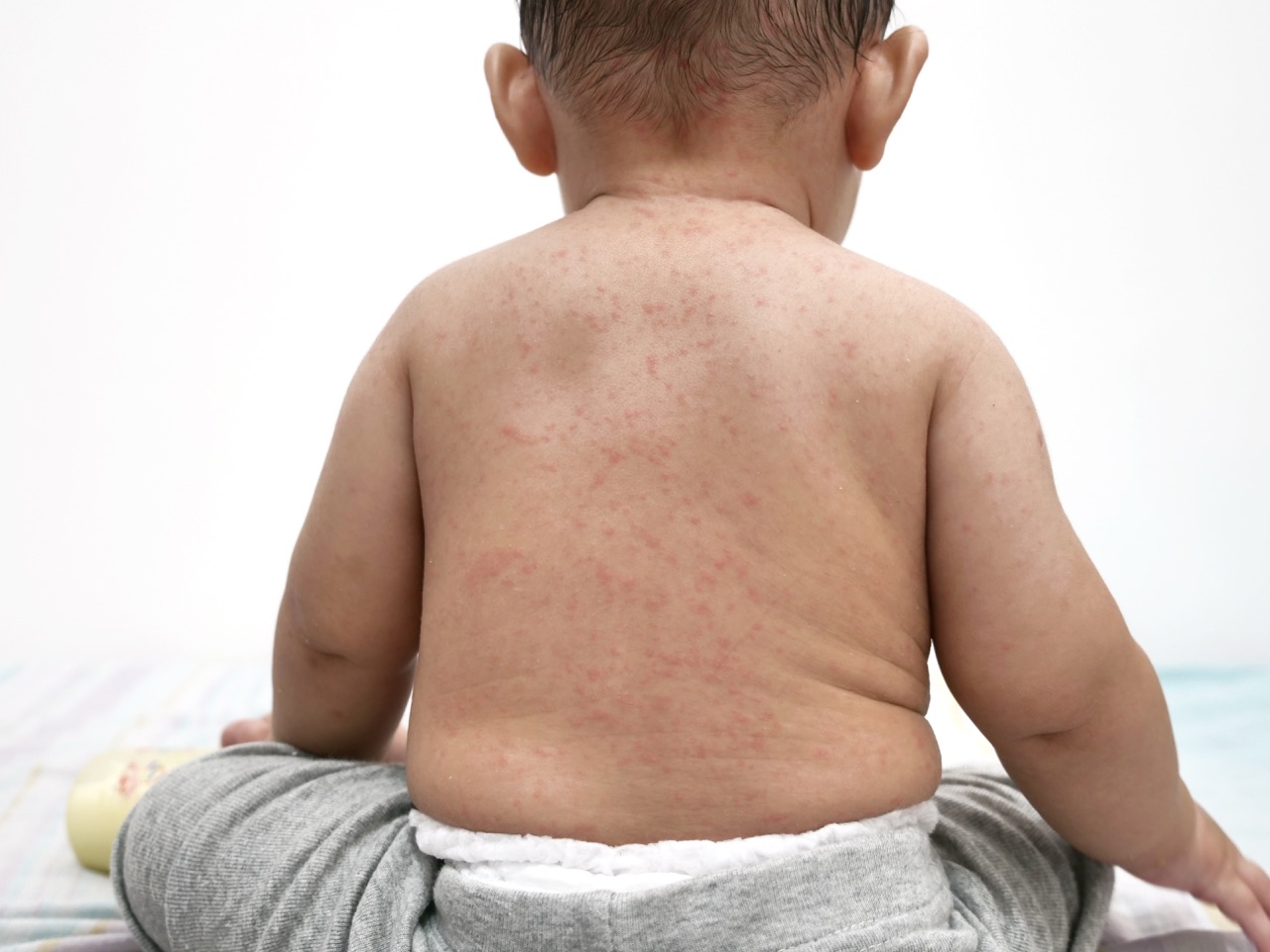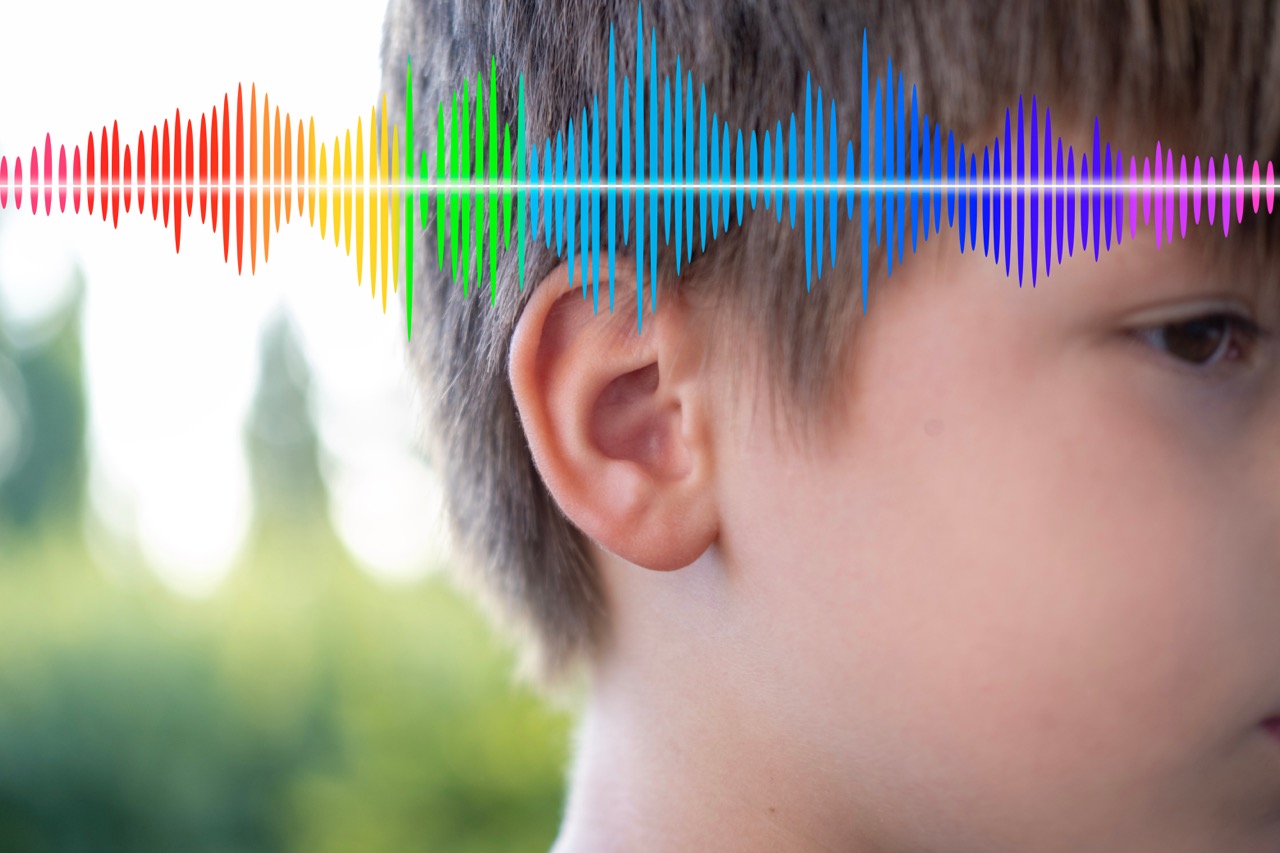Child Asthma Management: Understanding Why It’s So Challenging
Every parent wants to see their child run, laugh, and breathe freely. Yet for many families, child asthma turns everyday moments into a worry. These child asthma challenges can make even simple activities feel difficult. Children often struggle to describe how they feel or notice early warning signs. That’s why timely care and understanding are so important in child asthma management.
At All Kidz Urgent Care, our pediatric team helps parents manage asthma safely. With the right support and care, your child can breathe easier and stay active every day.
Understanding Childhood Asthma
Asthma affects how air moves in and out of your child’s lungs. The airways become narrow, swollen, and filled with mucus, making breathing harder. These child asthma challenges are tougher for kids because their lungs and immune systems are still developing. Young children also react faster to triggers like dust or pollen. Common childhood asthma symptoms include:
Coughing, especially at night or after exercise
Wheezing or whistling sounds while breathing
Shortness of breath or tight chest
Fatigue or trouble sleeping due to breathing issues
Common Triggers That Affect Kids
Outdoor allergens present significant challenges for children with asthma throughout different seasons. Grass pollen peaks during late spring and summer months, causing increased respiratory symptoms. Tree pollen emerges in early spring, while ragweed affects children during fall months. Additionally, outdoor mold spores thrive in damp environments and worsen asthma symptoms unexpectedly.
Children spend considerable time outdoors playing, which increases their exposure to environmental triggers. Physical activity combined with pollen or pollution exposure can intensify breathing difficulties. Moreover, temperature changes and humidity levels affect airways differently in children than adults.
Indoor vs Outdoor Triggers in Children
Indoor triggers often cause year-round asthma symptoms requiring consistent management strategies. Dust mites living in bedding, carpets, and upholstered furniture produce allergenic waste that irritates airways. Pet dander from cats and dogs circulates through homes regardless of how often pets are bathed. Furthermore, indoor mold grows in damp areas like bathrooms and basements.
Cigarette smoke and strong chemical odors severely impact children’s developing respiratory systems. Exercise-induced asthma affects many active children when physical exertion triggers breathing difficulties. Managing exposure involves regular cleaning, using air purifiers, maintaining low humidity levels, and keeping pets out of bedrooms where children spend significant time sleeping.
Why Young Children Struggle With Medication Use
Proper inhaler technique requires coordination and breath control that young children haven’t fully developed yet. Children must inhale slowly and deeply while pressing the inhaler, then hold their breath for several seconds. This multi-step process overwhelms toddlers and preschoolers who struggle with following complex instructions. Additionally, spacer devices help deliver medication effectively but require proper positioning and sealing around the mouth.
Caregiver supervision plays a crucial role in ensuring children receive prescribed medications correctly and consistently. For children aged 0-5 years, asthma management is especially difficult because younger children may not be able to verbally express their concerns. Parents carry the responsibility of evaluating symptoms, following asthma management plans, obtaining medication, and administering treatment properly.
Medication adherence remains challenging throughout childhood, with studies showing rates as low as 50% in pediatric patients. Children may resist taking daily controller medications when they feel fine between attacks. Learn more about pediatric urgent care for asthma management in Torrance at All Kidz Urgent Care, where our team provides hands-on education about proper medication techniques.
Recognizing Early Signs of Asthma Attacks
Early detection of worsening asthma symptoms allows families to intervene before attacks become severe emergencies. Children may exhibit subtle behavioral changes before obvious breathing difficulties develop. Increased irritability, decreased appetite, or reluctance to play actively can signal emerging respiratory problems requiring attention.
Watch for these critical warning signs indicating childhood asthma symptoms are worsening:
- Shortness of breath during normal activities or conversation
- Wheezing sounds becoming louder or more frequent throughout the day
- Persistent coughing that interrupts sleep or prevents normal activities
- Chest tightness complaints or statements that breathing feels uncomfortable
- Fatigue or low energy affecting school performance and social interactions
- Difficulty completing sentences without pausing to catch breath
- Flaring nostrils or visible chest retractions when breathing
- Rapid breathing rate exceeding normal ranges for child’s age
- Pale or bluish skin color around lips or fingernails indicating oxygen deprivation
Emergency care becomes necessary when children show signs of severe respiratory distress. Blue lips or fingernails, extreme difficulty breathing, inability to speak complete sentences, or severe chest retractions require immediate medical attention.
Emotional and Communication Challenges
Fear and anxiety about breathing difficulties create additional stress that worsens asthma symptoms in children. Young patients may panic during attacks, which increases breathing rate and creates a cycle of escalating respiratory distress. Additionally, limited vocabulary prevents children from accurately describing how their chest feels or when symptoms began.
Children often struggle to differentiate between different sensations in their chest and airways. They might say their chest feels “funny” or “weird” without providing specific details healthcare providers need. Furthermore, embarrassment about using inhalers in front of peers can lead children to skip doses at school.
Effective communication strategies help parents and teachers support children managing asthma. Use simple, age-appropriate language when discussing symptoms and medication routines. Create visual charts showing inhaler steps or symptom severity scales with facial expressions. Practice calm breathing techniques during symptom-free periods so children can apply them during attacks. Additionally, involve children in their care by letting them choose inhaler spacer colors or decorations.
When to Visit Pediatric Urgent Care
Knowing when children need professional asthma urgent care for kids prevents minor symptoms from becoming serious emergencies. Persistent symptoms lasting more than a few hours despite using rescue inhalers warrant medical evaluation. Additionally, rescue inhaler use more than twice within a few hours indicates that current management isn’t providing adequate control.
Parents should bring children for same-day asthma urgent care for kids when symptoms interfere with normal activities or sleep. Difficulty speaking full sentences, visible chest retractions, or pale coloring around lips requires immediate professional assessment. Furthermore, new or worsening symptoms during respiratory infections need prompt evaluation to prevent complications.
All Kidz Urgent Care provides specialized pediatric asthma urgent care for kids in Torrance with flexible scheduling including evenings and weekends. Our experienced team evaluates breathing difficulties, adjusts medications when necessary, and educates families about managing symptoms at home. We understand the unique needs of children with asthma and provide gentle, compassionate care.
Preventing Asthma Attacks at Home and School
Lifestyle modifications significantly reduce asthma attack frequency and severity in children. Allergen control starts with regular cleaning, washing bedding in hot water weekly, and removing carpet from bedrooms. Air purifiers with HEPA filters remove airborne particles that trigger symptoms. Additionally, maintaining indoor humidity below 50% prevents dust mite and mold growth.
Vaccination provides important protection against respiratory infections that commonly trigger asthma attacks. Annual flu vaccines and pneumococcal vaccines reduce infection rates significantly. Exercise safety involves warming up properly, using prescribed pre-exercise medications, and avoiding outdoor activity during high pollen days. Furthermore, children should always have rescue inhalers available during physical activities.
Developing a comprehensive pediatric asthma management plan ensures everyone caring for the child understands treatment protocols. Written action plans specify daily medications, rescue inhaler use, and emergency symptoms requiring medical attention. Schools need copies of these plans along with permission to administer medications when necessary.
The Role of Regular Check-Ups in Asthma Control
Consistent monitoring through regular check-ups helps prevent asthma symptoms from worsening unexpectedly. Healthcare providers assess symptom frequency, medication effectiveness, and identify new triggers affecting control. Additionally, growth monitoring ensures medications aren’t causing developmental concerns. Furthermore, technique reviews confirm children use inhalers properly as they grow and coordination improves.
Regular pediatric asthma care Torrance appointments at All Kidz Urgent Care allow our team to adjust treatment plans before symptoms escalate. We work with families to optimize medication regimens while minimizing side effects. Moreover, consistent follow-up care reduces emergency room visits and hospitalizations through better preventive management.
What to expect during asthma check-ups:
- Symptom review assessing frequency and severity of breathing difficulties
- Physical examination listening to lung sounds and checking respiratory effort
- Spirometry testing measuring lung function in older children who can perform the test
- Medication technique evaluation ensuring proper inhaler and spacer use
- Trigger identification discussing environmental and activity-related symptom patterns
- Growth assessment monitoring height and weight to track development
- Action plan updates revising treatment protocols based on current control levels
Regular visits to pediatric asthma care Torrance facilities establish relationships between providers and families that improve long-term outcomes significantly.
Helping Kids Breathe Easier
Managing childhood asthma requires teamwork between parents, healthcare providers, schools, and children themselves. Parental awareness of triggers, symptoms, and proper treatment protocols protects children from preventable attacks. Consistent medical monitoring ensures treatment plans evolve with children’s changing needs.
All Kidz Urgent Care partners with families to provide comprehensive pediatric asthma management in Torrance. Our child-focused approach reduces anxiety while delivering expert care that helps children breathe easier and live actively.
Visit us at: 2927 Rolling Hills Road, Torrance, CA 90505
Call us: +1 310-292-0054
Email: contactus@allkidzurgentcare.com




